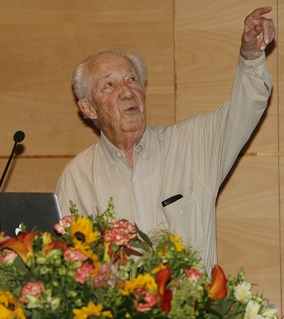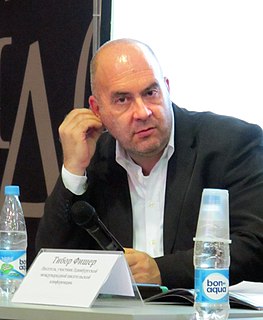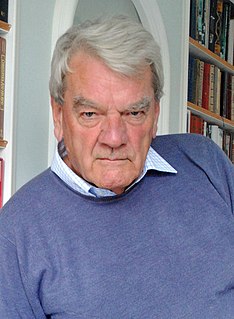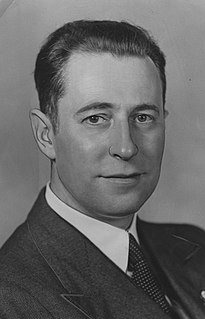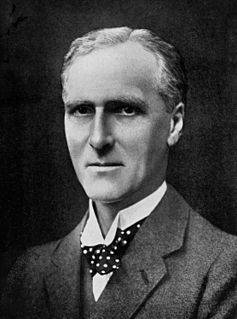A Quote by Erich Fromm
In the first World War British propaganda had to invent the stories of German soldiers bayoneting Belgian babies, because there were too few real atrocities to feed the hatred against the enemy.
Related Quotes
My parents, of Belgian-German extraction, were Belgian nationals who had taken refuge in England during the war. They returned to Belgium in 1920, and I grew up in the cosmopolitan harbour city of Antwerp, at a time when education in the Flemish part of the country was still half French and half Flemish.
The most effective method of propaganda directed at the enemy forces is to release captured soldiers and give the wounded medical treatment... Whenever soldiers of enemy forces are captured, we immediately conduct propaganda among them...This immediately knocks the bottom out of the enemy's slander that the Communist bandits kill everyone on sight.
Hatred as an element of the struggle; a relentless hatred of the enemy, impelling us over and beyond the natural limitations that man is heir to and transforming him into an effective, violent, selective and cold killing machine. Our soldiers must be thus; a people without hatred cannot vanquish a brutal enemy.
It [the Holocaust] is something like a religion.... The Intellectual Adventure is that we are reversing this entire trend within the space of one generation - that in a few years time no one will believe this particular legend anymore. They will say, as I do, that atrocities were committed. Yes, hundreds of thousands of people were killed, but there were no factories of death. All that is a blood libel against the German people.
A war film can be propaganda and they're very valuable as propaganda, as we realized in Britain in the Second World War. Film as propaganda is a very valuable tool. It can also demonize, which is the dangerous side of a war film as propaganda. But there are war films that are not propaganda. It's just saying 'This is what it's like.' For 99 percent of us we don't know what it's like. We have no idea. So to reveal that to the audience is powerful.
I think my father [ Erwin Rommel] would have given the same answer. The British and Americans and the French were too strong, too strong and the strategy of this battle was too clever. And the war may be - it would have taken some weeks longer before the German front was penetrated. And by the way, today we know that it was better to lose the war than to win it with Hitler.

